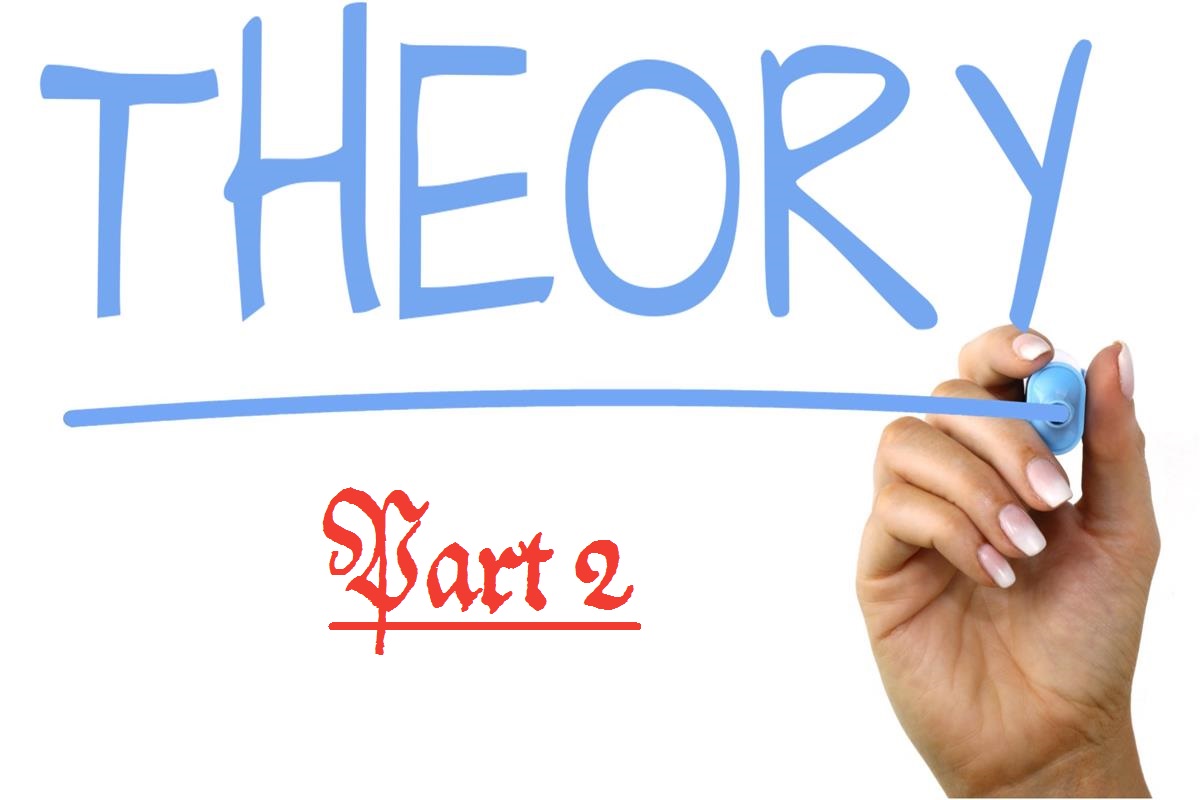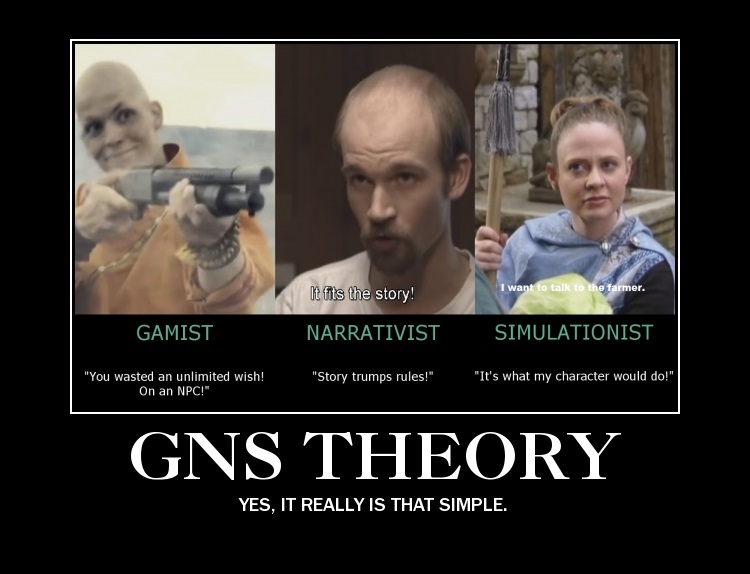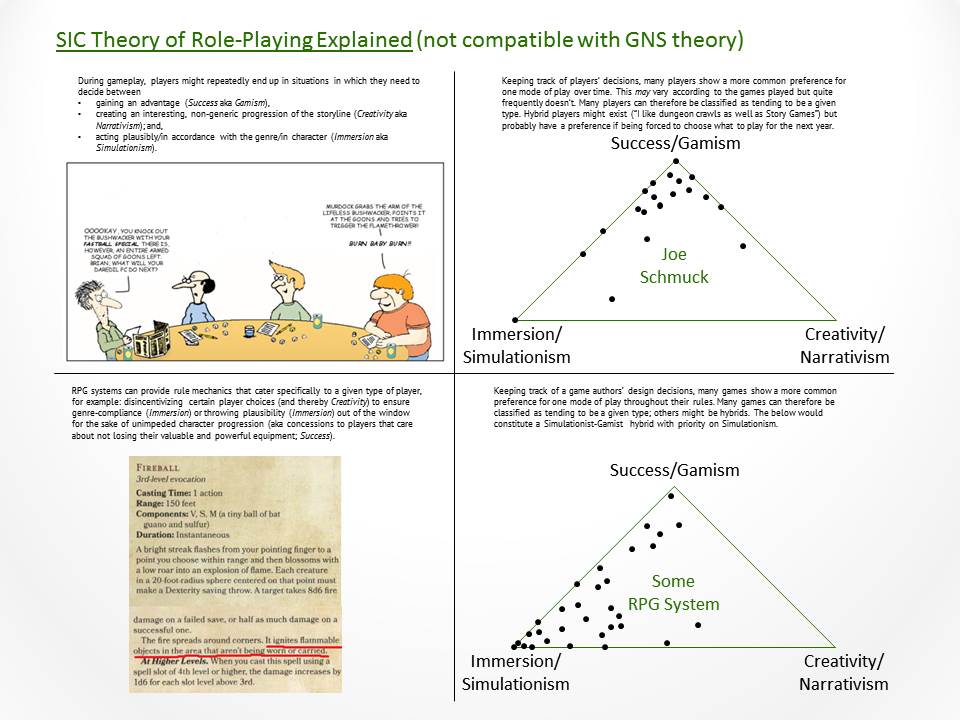RPG Theory with Rigor, Part 2
 The problem with definitions
The problem with definitions
In the meantime, there has been a fairly lengthy debate of our first blogpost in which an old problem arose that has been marring the theoretical discussion of RPGs for a long time now: the question of how even basic terminology like games, role-playing games, story, etc. is being defined. Therefore, before continuing our efforts further below to introduce a greater amount of rigor into RPG theory, we need to have a look at these debates about definitions and the problem that definitions of even common terms pose… Read More
 Rebuilding from the ground up
Rebuilding from the ground up In a recent blog entry, game designer Zak Smith aka Zak Sabbath made a fairly exhaustive attempt at rebuking GNS theory. This post is a response to one of his central contentions. There is a companion blogpost that takes a further look at GNS theory and tries to boil its central components down so that they are easily understandable for everyone. Arguably, the core of Smith’s elaborate rebuttal revolves around a hypothetical scenario of Marvel’s Colossus and Wolverine fighting Mr Sinister, using the famed Fastball Special. This sample scenario is meant, according to Smith, to demonstrate that there are time and again situations in role-playing in which none of the 3 modes of GNS theory (Gamism, Narrativism, Simulationism) get prioritized over one another. A moment of complete blending of the three…
In a recent blog entry, game designer Zak Smith aka Zak Sabbath made a fairly exhaustive attempt at rebuking GNS theory. This post is a response to one of his central contentions. There is a companion blogpost that takes a further look at GNS theory and tries to boil its central components down so that they are easily understandable for everyone. Arguably, the core of Smith’s elaborate rebuttal revolves around a hypothetical scenario of Marvel’s Colossus and Wolverine fighting Mr Sinister, using the famed Fastball Special. This sample scenario is meant, according to Smith, to demonstrate that there are time and again situations in role-playing in which none of the 3 modes of GNS theory (Gamism, Narrativism, Simulationism) get prioritized over one another. A moment of complete blending of the three…  Towards a better understanding
Towards a better understanding The main staple of fantasy role-playing ever since its inception has been, of course, Dungeons & Dragons (and its direct derivatives). In fact, its success has been so comprehensive that it has spawned an entire class of (failed) imitative role-playing games dubbed fantasy heartbreakers. From a rule design perspective, the D&D family of games have always been prioritizing rules that cater to players who enjoy the ‘Game’ aspect in RPGs the most. In recent years, however, narrative games have become more widespread…
The main staple of fantasy role-playing ever since its inception has been, of course, Dungeons & Dragons (and its direct derivatives). In fact, its success has been so comprehensive that it has spawned an entire class of (failed) imitative role-playing games dubbed fantasy heartbreakers. From a rule design perspective, the D&D family of games have always been prioritizing rules that cater to players who enjoy the ‘Game’ aspect in RPGs the most. In recent years, however, narrative games have become more widespread…